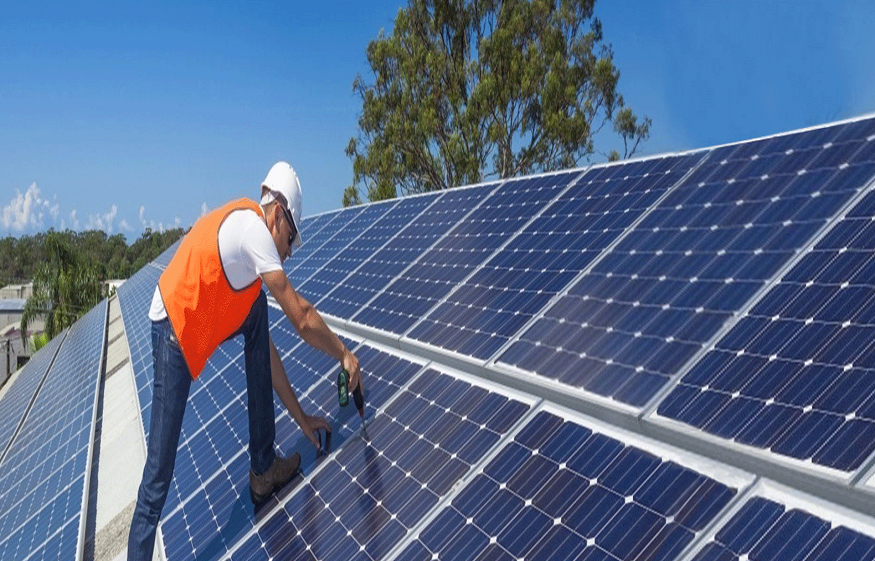The inverter is a crucial component of any solar power or photovoltaic (PV) system, regardless of the size of the system or the property it’s on. The main role of the solar inverter is to convert the solar energy gathered from direct current electricity to alternating current electricity. In other words, without the inverter, your home or business in Brisbane can’t tap into the solar energy from your PV system.
While you should definitely not try to fix any part of the solar power system by yourself unless you’re a licensed solar technician, you can still do your part to monitor it and ensure all the parts are working well. To that end, here are a few tips to help you in assessing how well your solar inverter is functioning.
Pay attention to error codes
Solar power systems are usually equipped with a monitor so that owners can keep an eye on their energy output and will notice when it drops or if something seems off somehow. However, some of the error codes that pop up may have to do with the inverter. So the easiest way to start assessing the inverter is to pay attention to the monitor to see if there are any codes pointing out there’s something wrong.
Keep the solar inverter installation in mind
When a solar power system is installed properly, including making sure that the solar panels are matched to the capacity of the inverter, then there’s no question that it will work as efficiently as possible. Generally, whatever your inverter’s capacity, the solar panels’ capacity should be up to about 133% of that. For example, solar panels with a capacity of 4kW should be matched to 3kW inverters.
If there’s too little energy, you may not notice it since it all gets converted. However, if the solar panels seem to consistently generate too much energy and not all of it gets converted, you’ll want to have a professional take a look at the installation.
Test the inverter for overheating
Many electrical components are particularly sensitive to heat and cold, so they have a minimum and maximum operating temperature. Anything past that, and they won’t function properly. In the case of a solar inverter, that would lead to electric production being reduced.
Besides making sure that the inverter has open airflow and is installed somewhere that doesn’t cause heat to build up, try cleaning the dust filters regularly. If you do that and the production improves, then overheating is what’s causing the inverter to fail.
Unfortunately, solar inverter repairs in Brisbane aren’t usually possible if the cause of the failure is something within the component. But if it’s something like overheating or faulty installation and therefore can be reversed, then a solar repair technician should be able to help repair it. If you need more information, or you need help from a professional, visit this page.



